Errors in Expressing Our Views To Others
Errors in Expressing Our Views To Others
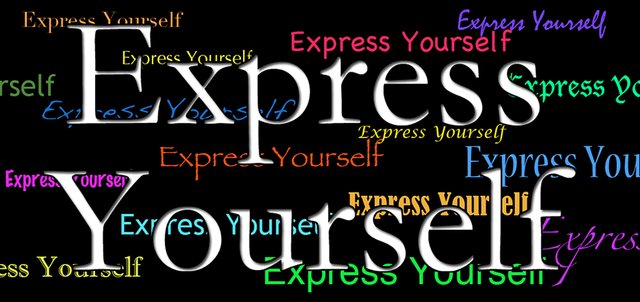
Image Source
The errors that we will be considering here are errors of thought since they started in the mind, pretty much consciously. We would along these lines be impeccably legitimized in treating a wide range of error under a single heading, "Errors of Thought." Different errors have a tendency to happen at various stages in the general process of thinking.
Despite the fact that errors of expression may start to take form in the mind at some prior time, they are most effectively perceived and rectified when we are talking or composing. Treating them in a separate class causes us to recall when to be ready for them.
Common Mistakes
Contradiction
Arguing in a Circle
Meaningless Statement
Mistaken Authority
False Analogy
Irrational Appeal
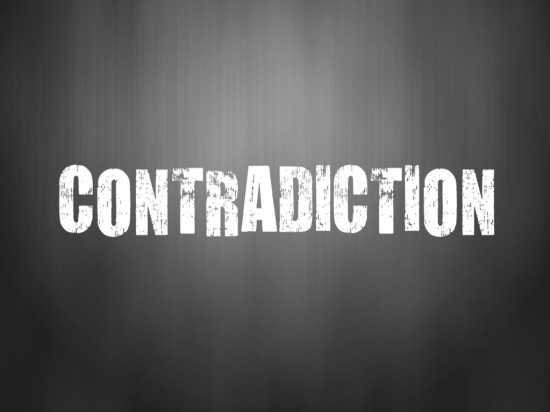
Image Source
Contradiction
One of the major principles of logic is the principle of contradiction, which expresses that no statement can be both true and false in the meantime similarly. The most ideal way to see its accuracy is to attempt to build a statement that invalidates it. Test the principle of contradiction with statements of your own yet don't be disappointed when you neglect to invalidate it. Critical thinking in each subject from design to zoology relies upon this principle.
When does contradiction happen?
At the point when a person says one thing now and the inverse later. A suspect, for instance, may today concede that he carried out the wrongdoing he is blamed for and tomorrow deny his blame. Relativists contend that everyone makes his or her own particular truth and no view is more commendable than some other, and after that they contradict themselves by rebuking people who can't help contradicting them. A researcher who propounds the view that the material world is a deception and just the immaterial or spiritual world is genuine may prosecute his neighbor in a property debate.
To defeat contradiction, screen what you say and write. The minute you identify any irregularity, analyze it deliberately. Choose whether it is reasonable or whether it constitutes a contradiction. In the event that it turns out to be a contradiction, reevaluate the issue and take a view that is both reliable and reasonable.
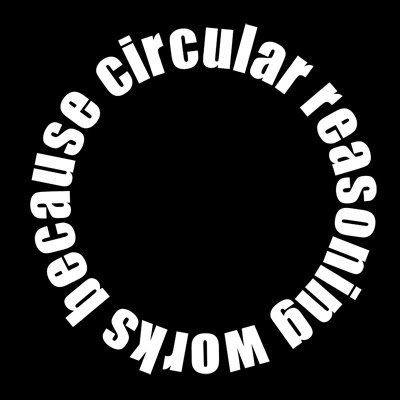
Image Source
Arguing in a Circle
A person arguing in a circle endeavors to demonstrate a statement by rehashing it in an alternate form. At the point when the statement is brief, the circular contention might be very self-evident. In the event that someone says, "Divorce is on the ascent today since more marriages are breaking up," few people would neglect to see the circularity. Be that as it may, consider a similar sentence in extended form: "The rate of divorce is obviously higher in the present generation than it was in past generations. Prior to a reason can be cited for this pattern, various components must be considered, incorporating the distinction in the average age at which a couple weds.
In any case, most specialists have a tendency to trust that the reason is the expanded number of fizzled marriages." This is a similar circular contention yet is more hard to recognize. The point is not that writers deliberately build circular contentions but rather that such contentions can unfurl without our being aware of them. To recognize circularity in your thinking of, it is insufficient to peruse and gesture in concurrence with yourself. You should check to make sure the confirmation you offer in support of your view is not just a restatement of the view in various words.
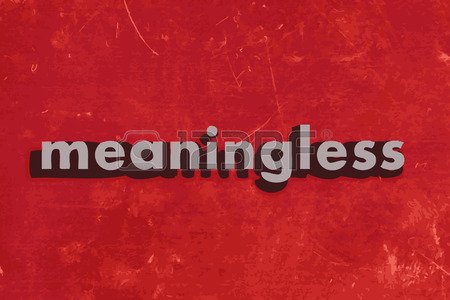
Image Source
Meaningless Statement
The prominent Dean Witter publicizing slogan, "We measure achievement one financial specialist at a time," is conveyed in a grave tone of voice. On the off chance that sound were the measure of seriousness, this line would be really significant. Notwithstanding, substance is the genuine measure, and this slogan comes up short the test. Best case scenario it implies that every financial specialist speaks to a single datum that, when added to others, approaches the organization's performance. Major ordeal. At other brokerage houses, that datum implies a similar thing.
Over the span of introducing ideas, people frequently think that its valuable to show the reasons that underlie their thoughts and actions. A meaningless clarification is one in which the reasons have neither rhyme nor reason. To distinguish meaningless statements in your composition, take a gander at what you have said as critically as you take a gander at what other people say. Ask, Am I truly appearing well and good?
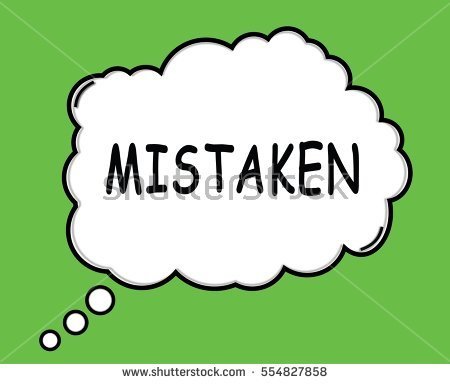
Image Source
Mistaken Authority
The error of mistaken authority credits authority to someone who does not have it. It has turned out to be more common since the faction of big name has developed in the media. A TV interviewer once asked performing artist Cybill Shepherd, "Did your part in that TV dramatization give you any insights into selection extortion?" It would have been reasonable to ask how the part extended her insight. In any case, to approach her for insights expect a level of skill that just assuming a part does not give, it is much similar to asking someone who played a plastic specialist for insights into surgery.
A subtler form of this error happens when specialists in one field introduce themselves as authorities in another, for instance, when scientists talk as ethicists or theologians. This happens more than you may envision. To keep away from the error of mistaken authority, check to make sure that every one of the sources you refer to as authorities have skill in the specific subject you are expounding on.
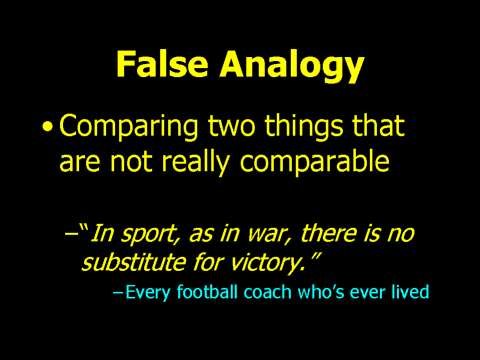
Image Source
False Analogy
An analogy is an endeavor to clarify something moderately new by alluding to something other than what's expected yet more commonplace, saying in effect, "This is that way." Analogies can be useful in advancing seeing, especially of complex ideas, yet they can possibly be misdirecting. An analogy is adequate as long as the similitudes asserted are genuine. Always test your analogies to make sure that the similitudes they guarantee are genuine and reasonable and that no imperative dissimilarities exist.

Image Source
Irrational Appeal
An irrational appeal encourages people to acknowledge ideas for reasons unknown other than reasonableness. Such an appeal says, in effect, "There's no compelling reason to think critically about this idea or contrast it and option ideas, simply acknowledge it." actually, it is always proper to think critically about ideas, since ideas that appear to be right are sometimes incorrrect and inaccurate ideas can have hurtful results.
It would be a slip-up to presume that each appeal is fundamentally irrational. A few appeals, as we will see, are true blue, critical thinking requests that we recognize which are rational and which are most certainly not.
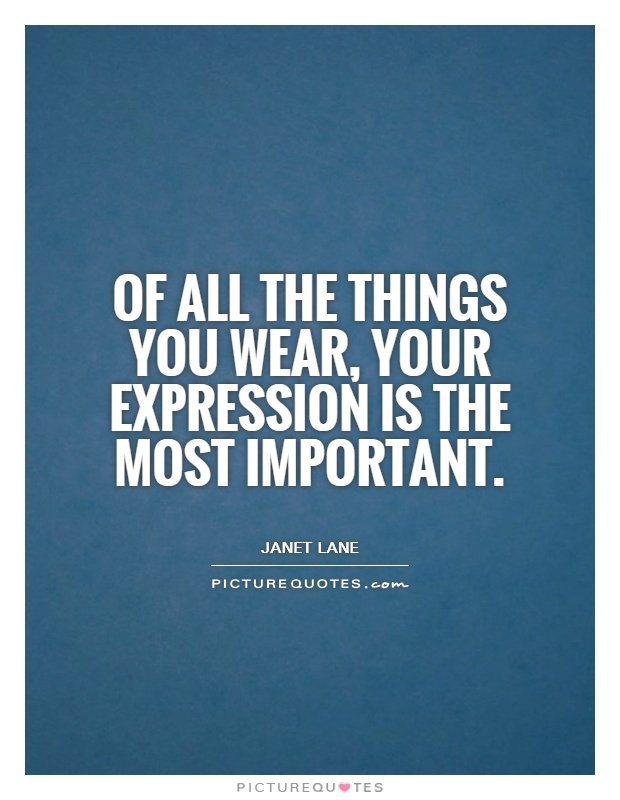
Image Source
